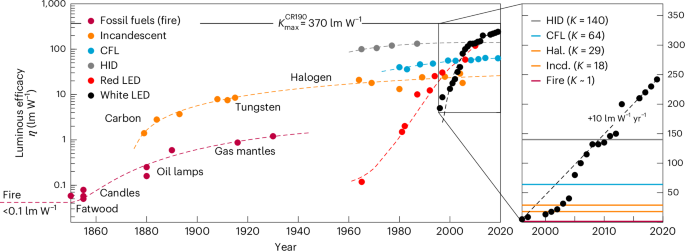Evolving Shareholder Engagement Landscape and Bespoke Compensation Design
In 2023, at what appeared to be the pinnacle of the ongoing struggle for companies to use customized compensation systems to drive strategy without incurring the wrath of the proxy advisory firms and governance community, I wrote about Bespoke vs. Homogenous Compensation Systems. This piece addressed the importance of regularly engaging with shareholders and how it […]

Daniel J. Ryterband is Chairman & Chief Executive Officer, and Serdar Sikca is a Principal, at FW Cook. This post is based on their FW Cook memorandum.
In 2023, at what appeared to be the pinnacle of the ongoing struggle for companies to use customized compensation systems to drive strategy without incurring the wrath of the proxy advisory firms and governance community, I wrote about Bespoke vs. Homogenous Compensation Systems. This piece addressed the importance of regularly engaging with shareholders and how it can lead to greater open-mindedness to compensation policies that may not align with third-party defined “best practices.” Since that time, the macro-economic and geo-political environment has become further complicated, making it even more important for companies to use bespoke compensation design to support strategic initiatives that are unique to each specific organization. The criticality of customized compensation design has never been greater, and shareholder acceptance remains highly dependent on a strong business rationale, transparent and complete disclosure, and an openness to engage in direct discussions by both investors and listed companies.
Proactive shareholder engagement takes effort, on both sides, and it pays dividends to all parties. In my experience, issuers who have proactively engaged with investors often find it easier to craft custom compensation programs and rationalize them as consistent with long-term shareholder value goals. But when programs or specific actions differ significantly from established norms, even the most compelling rationale may be challenged as unnecessary or even egregious, thereby making it even more important that a relationship of trust exists between listed companies and the stewardship professionals who make the voting decisions at major investors.
The flurry of activity around investor engagement continues as companies face an ever more uncertain set of challenges, which is why we decided to author the brief update below, as informed by our dialogue with institutional investors as well as clients. As we enter the busy part of the 2025 proxy season and the preparation for early stages of year-end compensation decision making, getting engagement right is more important than ever.![]() (more…)
(more…)























































































































































